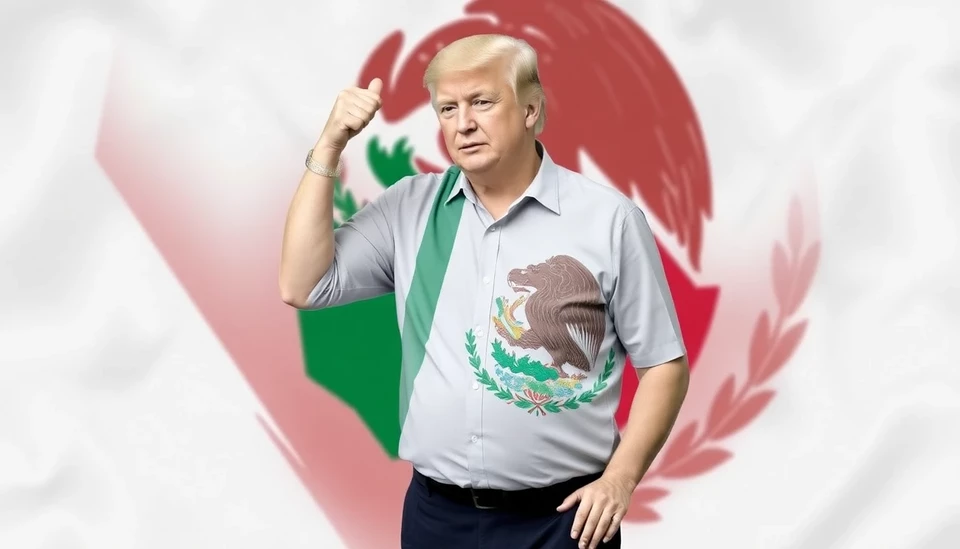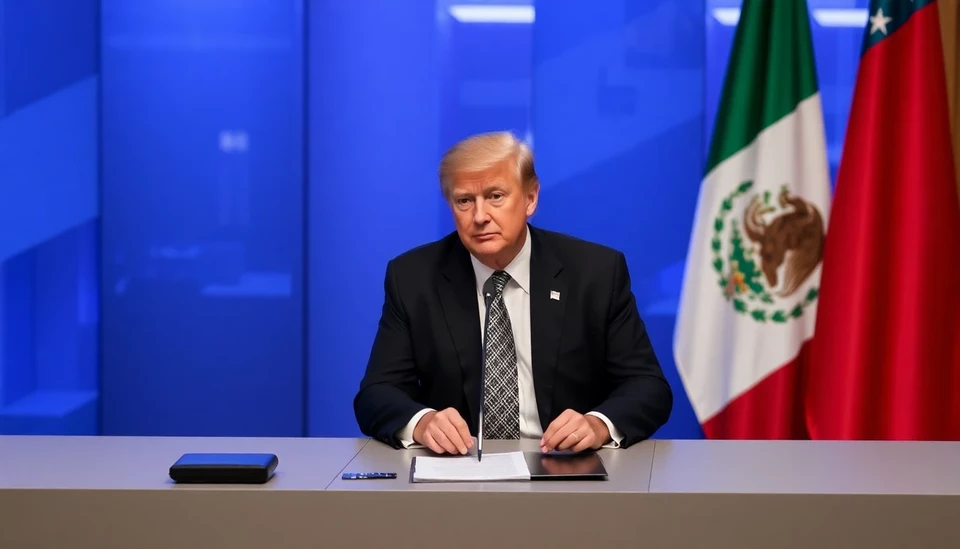
In a notable escalation of trade tensions, Mexico has pledged to impose retaliatory tariffs against the United States, underscoring the increasingly strained relations between the two neighboring countries. This move comes in response to the recent measures implemented by the U.S. that have been deemed harmful to Mexican economic interests. Despite this declaration, Mexican officials have also emphasized the importance of cooperation and dialogue, seeking a balanced approach in handling bilateral issues.
The announcement of the tariffs marks a significant moment in U.S.-Mexico relations. Mexico's economy, heavily intertwined with that of the U.S., has increasingly felt the impact of American trade policies. Officials in Mexico have argued that the proposed tariffs are necessary to protect domestic industries that have been adversely affected by unfair competition and unilateral actions taken by the U.S. government.
Furthermore, Mexico's response is characterized by a call for a cooperative approach to trade that emphasizes mutual respect and benefit. Mexican authorities have expressed a willingness to engage in discussions to resolve conflicts, aiming to foster a more equitable trading environment. This sentiment highlights a desire to avoid a full-blown trade war, which could have detrimental effects on economies on both sides of the border.
The trade dispute has wider implications, as it not only affects the economies of the two countries but also has ripple effects on regional trade agreements and global market dynamics. Analysts warn that any significant tariff increases could exacerbate existing tensions and lead to retaliatory measures that could destabilize both economies further.
Despite the tension, officials in both governments recognize the substantial economic interdependence that exists. Many sectors, particularly in manufacturing and agriculture, thrive on cross-border supply chains. The ongoing dialogue is crucial to navigate these complexities, and negotiators on both sides are expected to engage in talks in the coming weeks, hoping to reach a resolution that benefits both parties.
As the situation develops, businesses and consumers alike will be closely monitoring the potential impact of these tariffs. Experts suggest that the outcome of this situation could set a precedent for future U.S.-Mexico trade relations and influence international trade policies moving forward.
In summary, Mexico's plan to implement retaliatory tariffs reflects deep-seated frustrations with U.S. trade policies while also signaling a commitment to seek constructive dialogue. The way forward remains uncertain, but all parties involved seem to recognize the importance of finding common ground.
#Mexico #USTrade #Tariffs #Cooperation #TradeRelations
Author: Laura Mitchell




